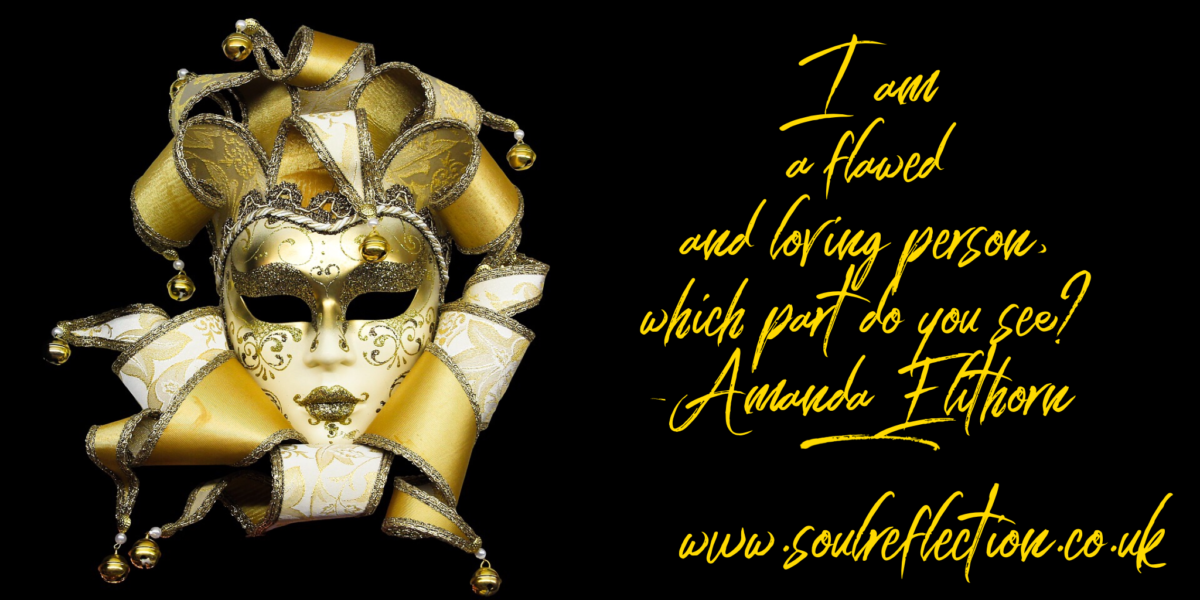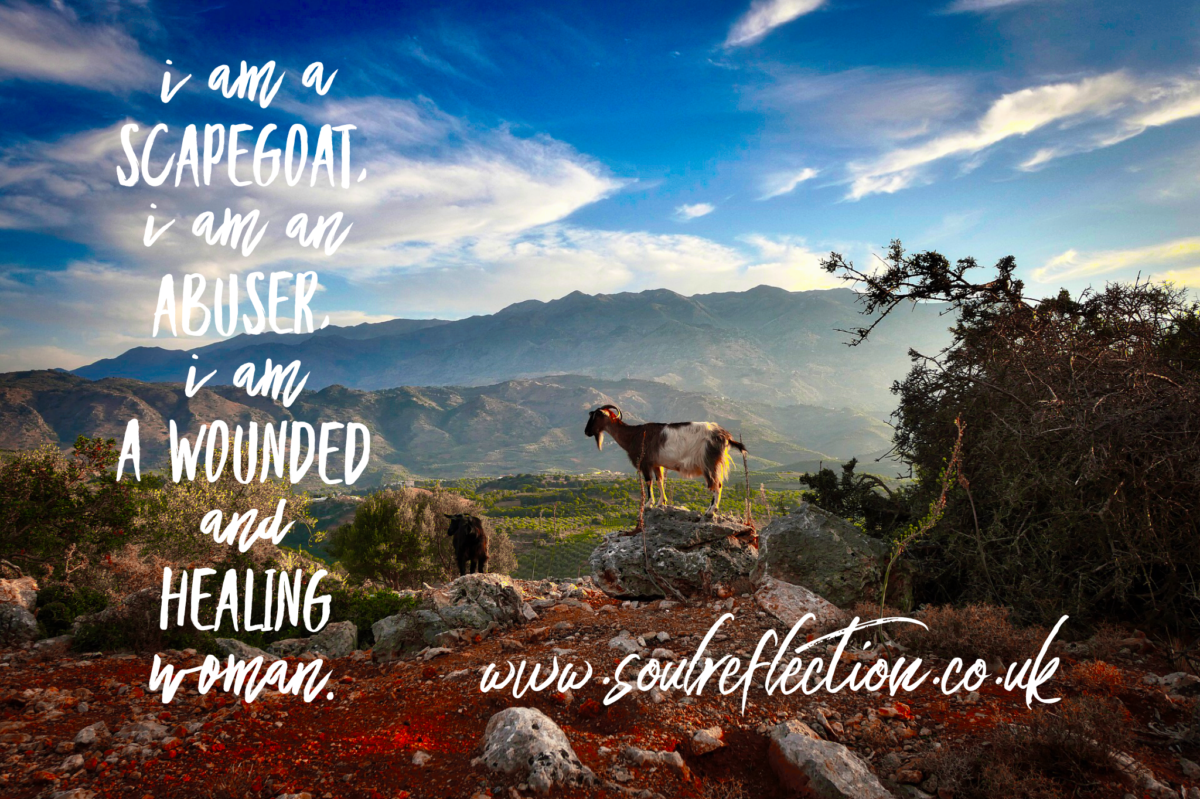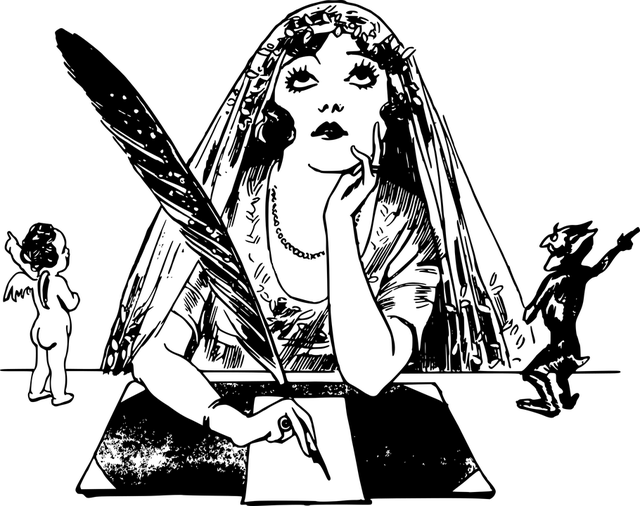This week I watched ‘The Darkest Hour’ with Gary Oldman playing Winston Churchill. One of the core pieces that I loved within this film was how clear it was that Churchill was an emotionally messy individual; by all accounts an alcoholic, perhaps without financial savvy, fractious, demanding AND alongside this a brilliant mind, a wordsmith, family man, and the one who determined to save Great Britain from Adolf Hitler.
He was a maverick: ‘an unorthodox or independent-minded person’
When my brothers and I had to decide which three words we would have on my father’s gravestone, I pushed for Maverick. I can’t even remember now what the other two words are but I knew I wanted a word to honour his fuck-ups and his genius all at once. That is who he was to me.
What I saw from the film was that it took the character of a Maverick to save us from invasion, it took that single minded belief, that ability to walk against the tide, and a little bit of ‘crazy’. I watched the film and I saw my father.
My father did terrible things, he sexually molested me, he paid little attention to the emotional needs of his children, he was frightening in his temper. And he did wonderful things too. He transformed people’s lives both through his psychiatry practice and his generosity in bringing in to his home those in need, including the homeless. He invented psychometric computer programs that are still used globally today (he just forgot to patent them!). His mind was brilliant and broken.
I was not really able to see my father this way until after he died, until then our relationship was just too painful. In watching ‘The Darkest Hour’, I was reminded how important Mavericks are in the world and how an individual can be two parts simultaneously – dark and light.
There is a cleansing going on in our western society right now, where anyone who has ever faltered, made a mistake, royally fucked up or, worst case, been severely abusive is being silenced and shut down. I’ve seen on social media something to the effect of: ‘it doesn’t matter what good they have done, abusive behaviour wipes all of that away’. Does it? Should it?
I just don’t know if life is this back and white, that right and wrong is so clear cut. What if someone can have blurred and damaging boundaries and also create magic in the world? My relationship with my mother is super toxic but she is also a wonderful friend to others. I worked with Jamie Oliver once upon a time and I personally found him difficult (others found him inspiring) but I also hugely respect his drive to change the health of our children through food. My experience of someone can be diametrically opposite to someone else’s. I can also dislike one aspect of someone and appreciate another. One person can experience abuse another healing at the hands of the same person. So how does this tally? How do we bring abusers or fault makers to justice without cleansing our society of the inspiration and necessary change that they sometimes bring?
It makes me wonder how Einstein, Marie Curie, Van Gogh, Michael Angelo, Mother Theresa, Alexander Fleming, Emmeline Pankhurst, Jesus or Mary Magdalene would fair on social media today? Would we celebrate their achievements or chastise them for their failings?
How I reached this place with my father, of being able to respect his achievements whilst not accepting his abuse, was through conversation. Before he died we spoke about my accusation of molestation, he said his mother had done the same to him and there wasn’t anything wrong with that. It wasn’t an apology, it wasn’t really even an admission; soulfully, he still had a long way to go before being accountable to his actions. Yet from that conversation I could understand that he had been taught as a child that this behaviour was ok, that to look at it from my perspective (and indeed much of society’s) was something quite unfathomable to his psyche. He was acting from trauma. I have compassion for that.
And before I am shouted down from the rooftops, yes I still believe abuse must be called to account and appropriately dealt with. But that is the extreme end of our current cleansing and there are multiple shades of grey in between for all the characters and individuals of the world.
I am a flawed and loving person, which part do you see?



